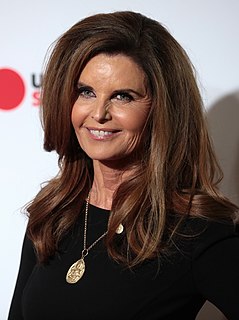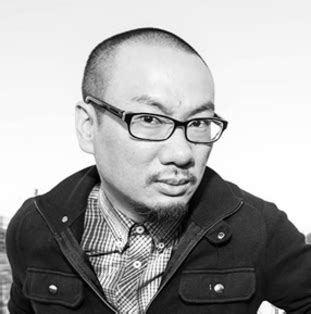A Quote by Steve Toltz
Once a year I try writing a poem, usually because I've read some poetry that amazed me and I want to do that.
Related Quotes
The poem is not, as someone put it, deflective of entry. But the real question is, 'What happens to the reader once he or she gets inside the poem?' That's the real question for me, is getting the reader into the poem and then taking the reader somewhere, because I think of poetry as a kind of form of travel writing.
Truly fine poetry must be read aloud. A good poem does not allow itself to be read in a low voice or silently. If we can read it silently, it is not a valid poem: a poem demands pronunciation. Poetry always remembers that it was an oral art before it was a written art. It remembers that it was first song.
I would read the Shel Silverstein poems, Dr. Seuss, and I noticed early on that poetry was something that just stuck in my head and I was replaying those rhymes and try to think of my own. In English, the only thing I wanted to do was poetry and all the other kids were like, "Oh, man. We have to write poems again?" and I would have a three-page long poem. I won a national poetry contest when I was in fourth grade for a poem called "Monster In My Closet.
That's one of those questions that would just love to have a pat answer. You know, poetry's job is to make us feel good. Poetry exists to allow us to express our innermost feelings. There isn't one role for poetry in society. There are many roles for poetry. I wrote a poem to seduce my wife. I wrote a poem when I asked her to marry me. Poetry got me laid. Poetry got me married.
Theology is-- or should be-- a species of poetry,which read quickly or encountered in a hubbub of noise makes no sense. You have to open yourself to a poem with a quiet, receptive mind, in the same way you might listen to a difficult piece of music... If you seize upon a poem and try to extort its meaning before you are ready, it remains opaque. If you bring your own personal agenda to bear upon it, the poem will close upon itself like a clam, because you have denied its unique and separate identity, its inviolate holiness.
I hope any poem I've ever written could stand on its own and not need to be a part of biography, critical theory or cultural studies. I don't want to give a poetry reading and have to provide the story behind the poem in order for it to make sense to an audience. I certainly don't want the poem to require a critical intermediary - a "spokescritic." I want my poems to be independently meaningful moments of power for a good reader. And that's the expectation I initially bring to other poets' writing.
I think that poetry is an act of celebration, that anytime you're writing a poem, it means that you're celebrating something, even if it's a sad poem, if it's an angry poem, a political poem or anything at all. The fact that you're taking the time and energy to pick up this thing and hold it to the light, and say, "Let's take some time to consider this," means that you've deemed it worthy enough to spend time on - which, in my opinion, is celebrating.
I have taught the long poem off and on for years. The more book-length poems I read and studied and taught the more interested I was in the possibilities in writing a poetry that applied formal and substantive options of narrative and non-narrative, lyric and non-lyric. I found many pleasures in this kind of writing. The long poem is as old as the art form.
For me, form is something I locate in the process of writing the poems. What I mean is, I start scribbling, and then try to form the poem - on a typewriter or on my computer - and, by trial and error, try to find the right shape. I just try to keep forming the poem in different ways until it feels right to me.





































